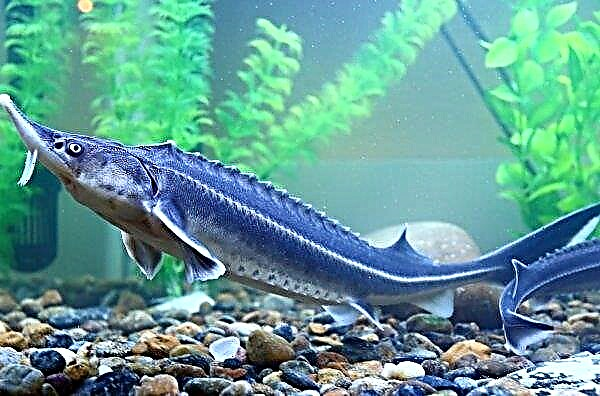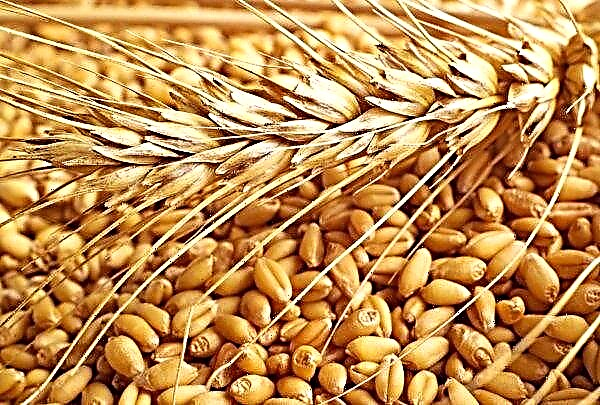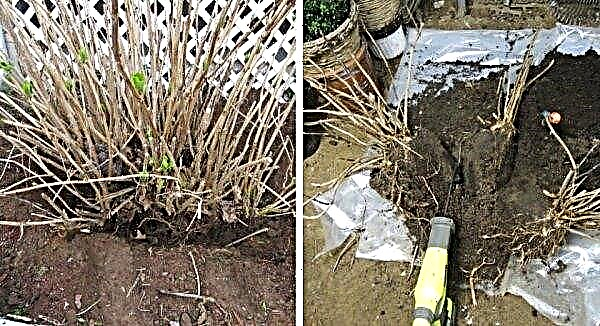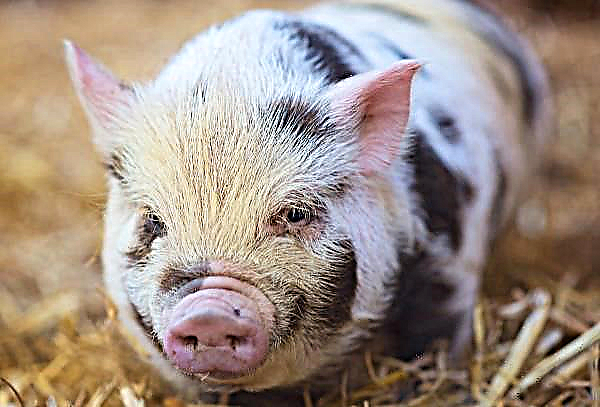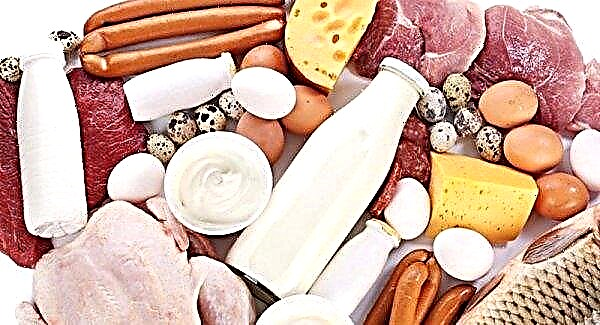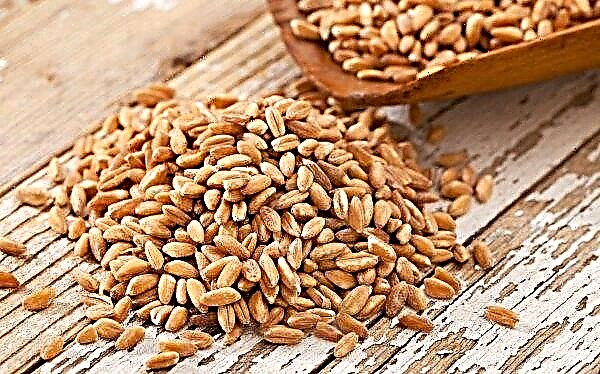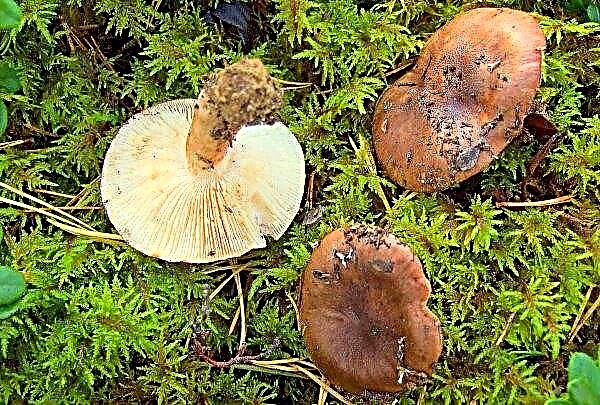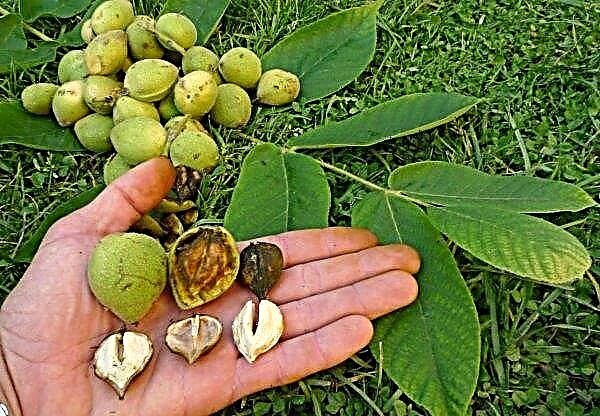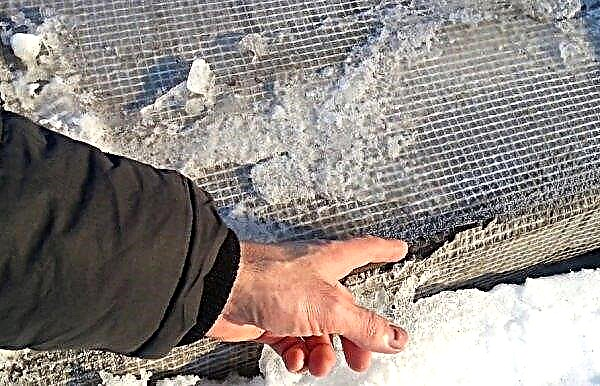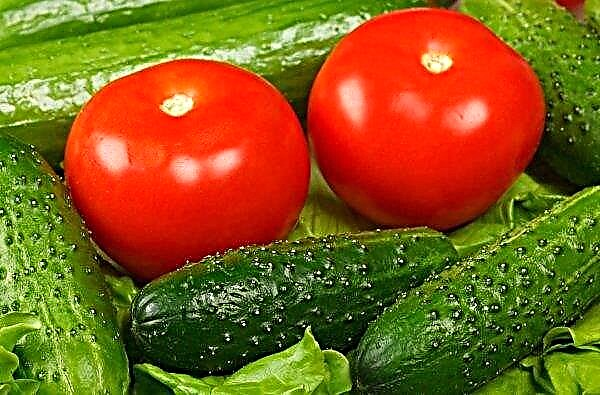Canadian Prime Minister Justin Trudeau said Thursday, June 6, that he was worried that China might expand its measures against Canadian exports, and that it would seek a meeting with Chinese President Xi Jinping later this month.
China, in connection with the deepening diplomatic dispute, has already blocked the import of Canadian canola seeds and seems to intend to strengthen customs checks on Canadian pork supplies.
“We are concerned about their actions against rapeseed and the possibility of other actions against other products,” Trudeau said during a television press conference.
Diplomatic relations between Canada and China became “icy” in December, when police in Vancouver detained finance director of Huawei Technologies Co Ltd Meng Wanzhou on an American arrest warrant. In response, in addition to blocking the import of canola, China arrested two Canadian citizens and charged them with espionage.
Statistics Canada reported Thursday, June 6, that total canola exports in April fell by $ 47 million, or 14.7%, as supplies to China ceased. Wheat exports, however, jumped by CAD 136 million, or 21.7%, with most of this growth coming from China.
According to the Canadian Grain Commission, from August 2018 to April 2019, China purchased 1.5 million tons of Canadian wheat, which is almost twice as much as a year earlier.
Canada and the United States are the two largest suppliers of high-protein wheat, which provides the strength of gluten needed for baking. China said it blocks the import of Canadian canola seeds due to the presence of harmful organisms in some batches, but Canada categorically denies this is a charge.
On Wednesday, June 5, Canadian and Chinese technical experts resumed a series of phone calls on the subject.

